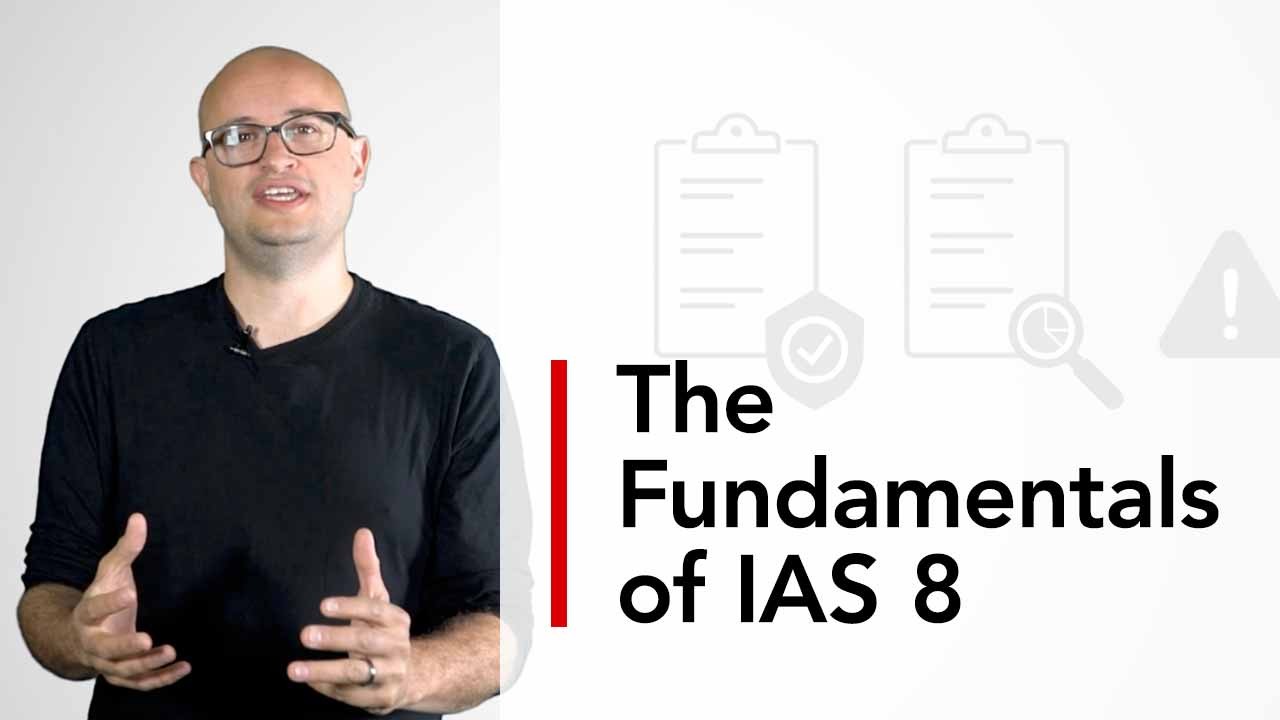
The Covid-19 pandemic has been a significant test of many public sector organisations and the professional accountants working within them. In many cases it required organisations to adapt and make decisions at lightning speed.
The pandemic will not be the last crisis that the public sector, and society as a whole, will face – so what can we learn from it? What are the skills that made a real difference over the past two years? And how can finance professionals working in the public sector be sure that they are best equipped to meet future demands?
Senior finance leaders became more visible during the pandemic, and this must be maintained in the future
A new report from ACCA and CA ANZ, Leading recovery: The evolving role of senior finance leadership in the public sector, seeks to answer these questions. The report, based on roundtable conversations with senior public sector leaders in several countries, looks at how they responded to the pandemic and the lessons that can be learned to help leaders in public sector organisations face crises in the future.
It reaches three main conclusions:
- Senior public sector finance leaders need to focus on transforming systems to ensure that the organisation is resilient to future crises and, in particular, make better use of the data held by the public sector.
- Leadership approaches should be rethought, allowing staff to take more responsibility and freeing up senior leaders to focus on strategic issues.
- Public sector organisations should adapt to new ways of working.
Challenges ahead
The report also identifies areas where the public sector is likely to face difficulties in the years ahead. The most pressing challenge is seen as the need to recruit and retain finance professionals – many organisations are experiencing problems in attracting qualified professionals – but the report also argues that the public sector needs, like other sectors, to adapt to wider societal changes, such as digitalisation and the response to climate change.
Aspiring leaders need to develop a broader outlook beyond the traditional tasks of a finance professional
Professional accountants in the public sector undoubtedly played a vital role in helping their organisations through the pandemic and the report adds that ‘their technical knowledge, commitment to ethical standards of integrity and trust, as well as their wider perspective…will enable the public sector to respond effectively to the ways in which society is changing’.
Senior finance leaders became more visible during the pandemic, says the report, and this visibility must be maintained in the future.
But this does not mean that the profession should rest on its laurels. Digitalisation is a huge opportunity for the public sector, but the report makes the point that these opportunities can only be grasped if the workforce has the right skills. Public finance professionals themselves recognise that they need to improve their skills in digitalisation and technology – according to the ACCA’s Rethinking public financial management study, only 34% say that they have sufficient skills in this area.
Core skills
The report argues that finance leaders must build on the solid foundations of their core skills in order to thrive in the future.
‘Individuals in senior finance leadership in the public sector need to have a firm grasp of the technical foundations and the wider set of skills developed by a professional accountant through the qualification and CPD,’ says the report. ‘Nonetheless, aspiring leaders also need to develop an even broader outlook, beyond the traditional tasks of a finance professional.’
'Many public sector organisations are at a turning point’
The ABCD of skills are:
- Adaptability. The public sector is often seen as slow to respond, but the pandemic showed that its finance professionals responded at speed to changes in working practices and demands such as delivering support packages to those that needed them quickly. This is a skill that should be nurtured, argues the report. Finance professionals in leadership roles need to be able to both plan for and respond to changes that are taking place in the environments in which they operate. Creativity, too, is vital and will enable the public sector to adapt and innovate to meet the challenges of climate change and digitalisation.
- Business sense. The report argues that it is vital that public sector finance leaders are able to understand and question the ‘business’ of an organisation. This requires professional curiosity and effective challenge – asking questions about why an organisation does what it does, in the way it does – and a shift in mindset from concentrating on financial management and advice to a wider perspective that encompasses the entire organisation and takes a strategic point of view. Ethical leadership is an important part of this approach – the ability and willingness to call out behaviour and actions that are not in line with the public sector ethos.
- Communication. Future public sector finance leaders will need strong communication skills to steer the organisation and communicate information internally and externally. Listening is a vital element of this, as is the ability to build effective relationships and collaborate with others.
- Determination. The report describes the determination that senior finance leaders of the future will need as a combination of ‘drive on a personal level to develop as a skilled finance professional and leader’ – including maintaining and developing core skills through CPD and being alert to opportunities to learn new skills, especially in areas not related to finance – and ‘determination to do the right thing if confronted by ethical challenges’.
‘Many public sector organisations are at a turning point,’ the report concludes. ‘On the one hand, organisations could return to the habits and patterns of pre-pandemic life and revert to a path of gradual evolution. Or, instead, organisations could build on the gains made in responding to the Covid-19 crisis. This second approach will require real dedication from current and future public sector finance leaders.’





